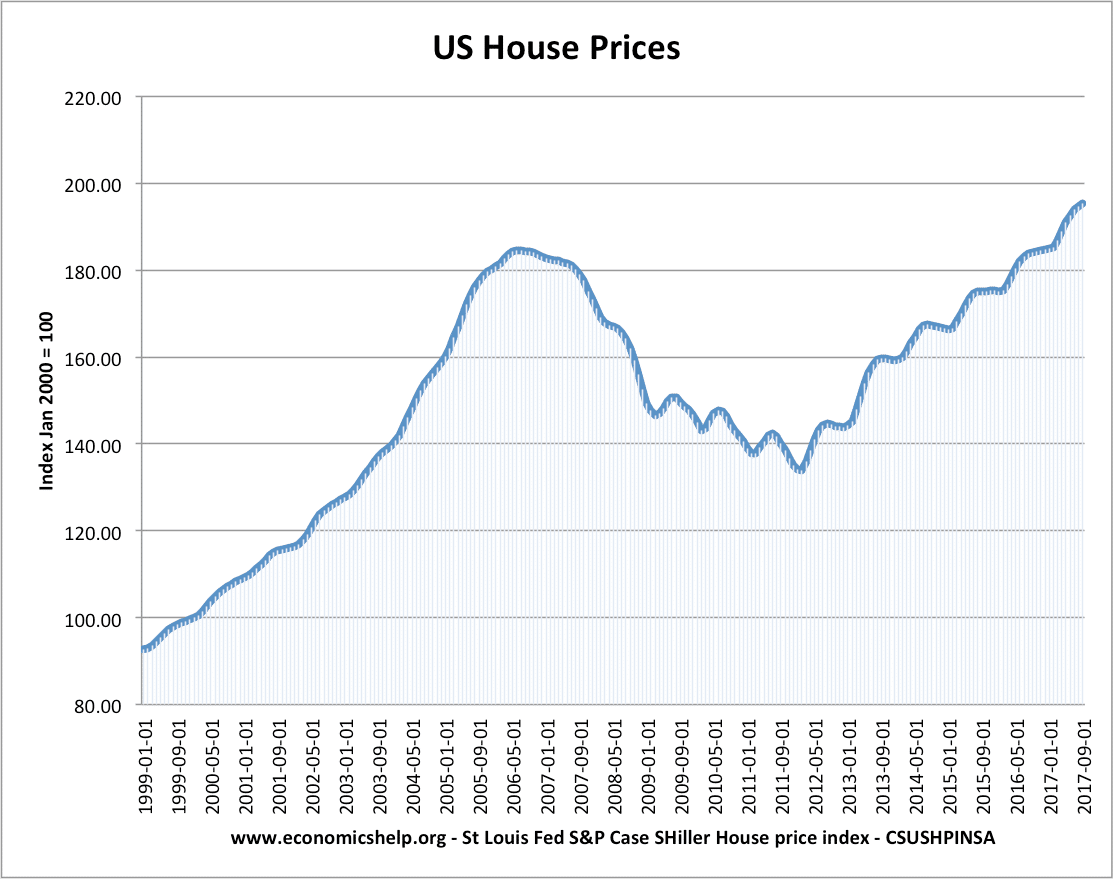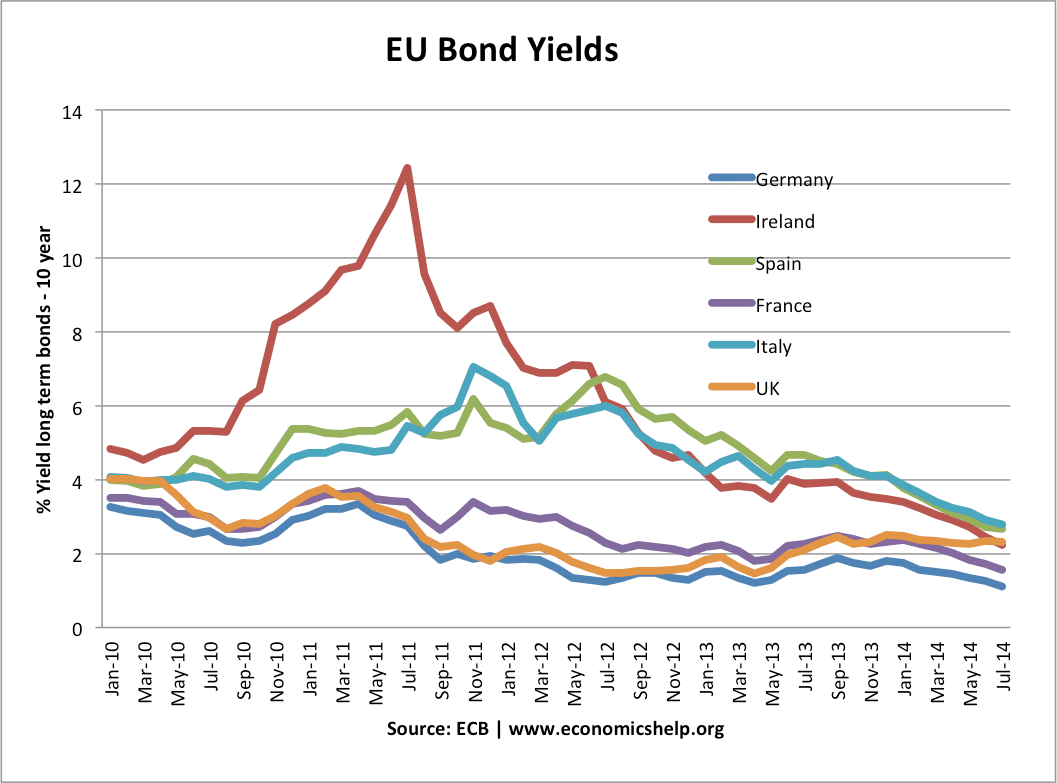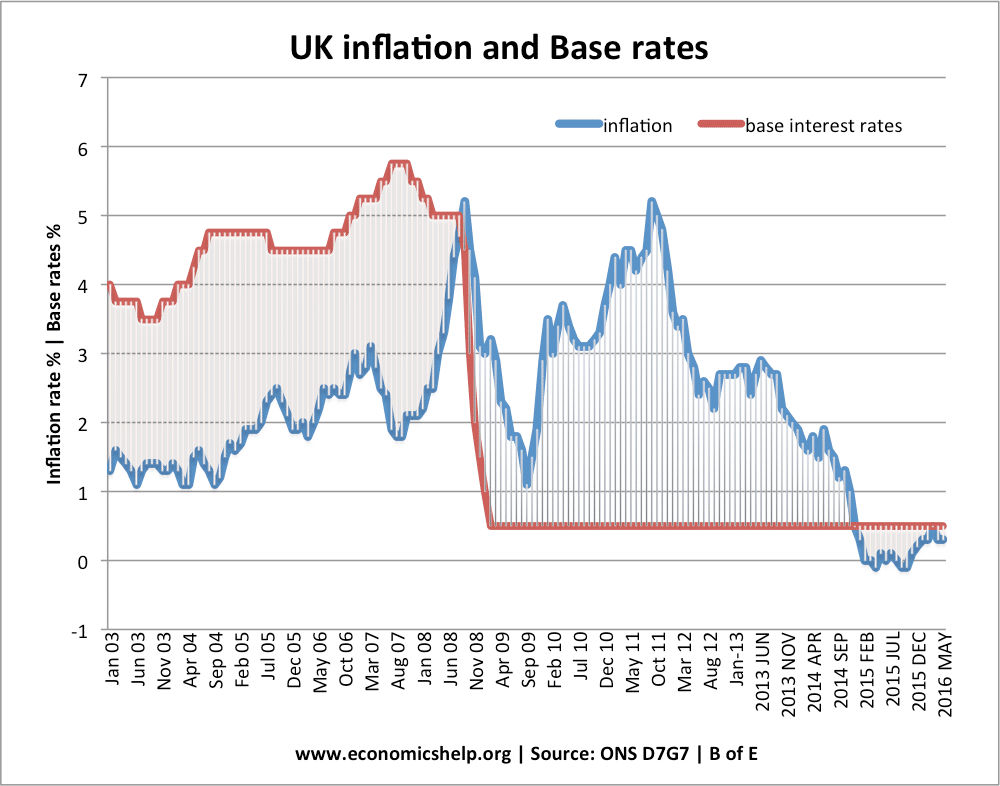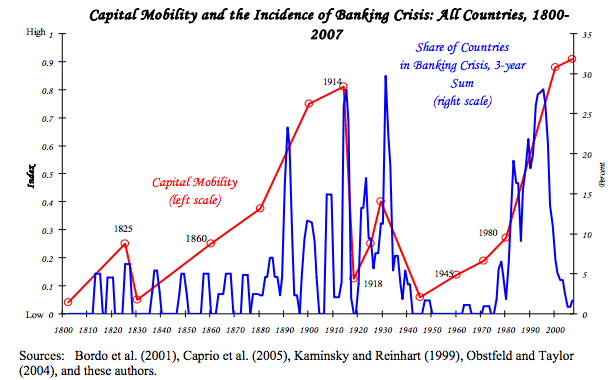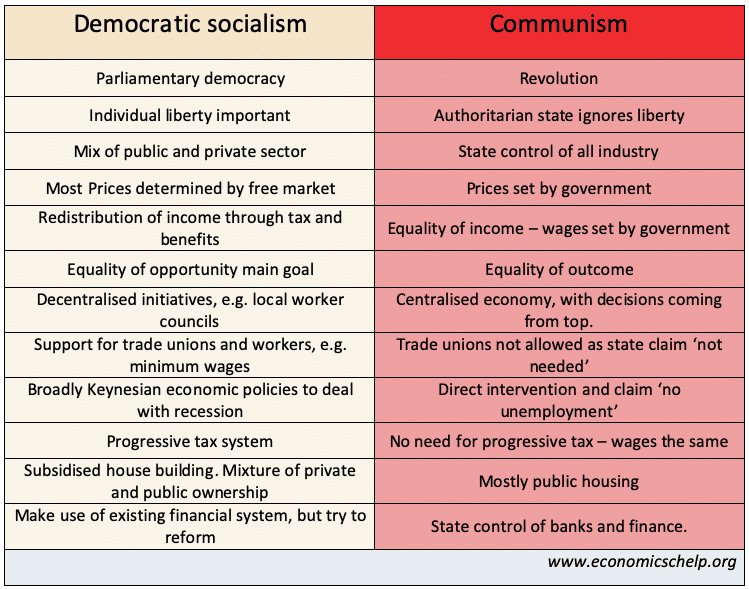The gift economy
The gift economy refers to economic activity characterised by offering services and goods to other members of the community without the expectation of monetary reward. Giving things to other people may be based on pure altruism, a wish to gain status in society, the hope of reciprocal gifts in the future or out of a …


